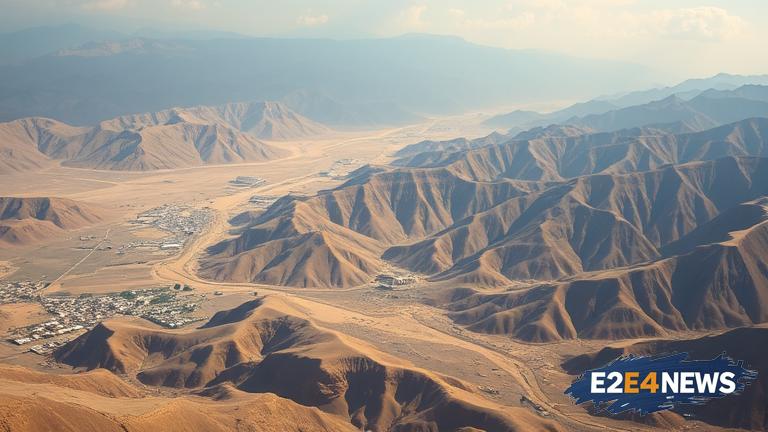Pakistan’s economy has recently witnessed a rare phenomenon of twin surpluses, with both the current account and trade balances showing a surplus. This development has brought some relief to the country’s economy, which has been struggling with large deficits in recent years. The current account surplus has been driven by a significant increase in remittances from overseas Pakistanis, as well as a decline in imports due to the COVID-19 pandemic. On the other hand, the trade balance has also shown a surplus, driven by a surge in exports of textiles and other manufactured goods. However, experts warn that these gains may not be sustainable in the long term, as the country’s economy is still facing significant challenges. The large trade deficit, which has been a persistent problem for Pakistan, is still a major concern. The country’s exports have been declining in recent years, and the trade deficit has been financed through foreign loans and remittances. The COVID-19 pandemic has also had a significant impact on Pakistan’s economy, with lockdowns and social distancing measures affecting businesses and industries. The government has implemented various measures to support the economy, including a stimulus package and monetary policy easing. However, the effectiveness of these measures is still uncertain, and the economy is likely to face significant challenges in the coming months. The twin surpluses have also raised concerns about the country’s competitiveness, as the surplus is largely driven by external factors rather than any significant improvement in the country’s economic fundamentals. The government needs to focus on structural reforms to improve the country’s competitiveness and reduce its dependence on external factors. The country’s economy is also vulnerable to external shocks, including a decline in global demand and a rise in oil prices. In addition, the country’s large fiscal deficit is also a major concern, and the government needs to take measures to reduce it. The twin surpluses have provided a temporary reprieve, but the government needs to take a long-term view and implement policies that will support sustainable economic growth. The country’s economic growth has been slow in recent years, and the government needs to take measures to boost investment and productivity. The private sector also needs to play a key role in driving economic growth, and the government needs to create a favorable business environment to support private sector development. Overall, while the twin surpluses are a positive development, they are not a guarantee of long-term economic stability, and the government needs to take a comprehensive approach to address the country’s economic challenges.




